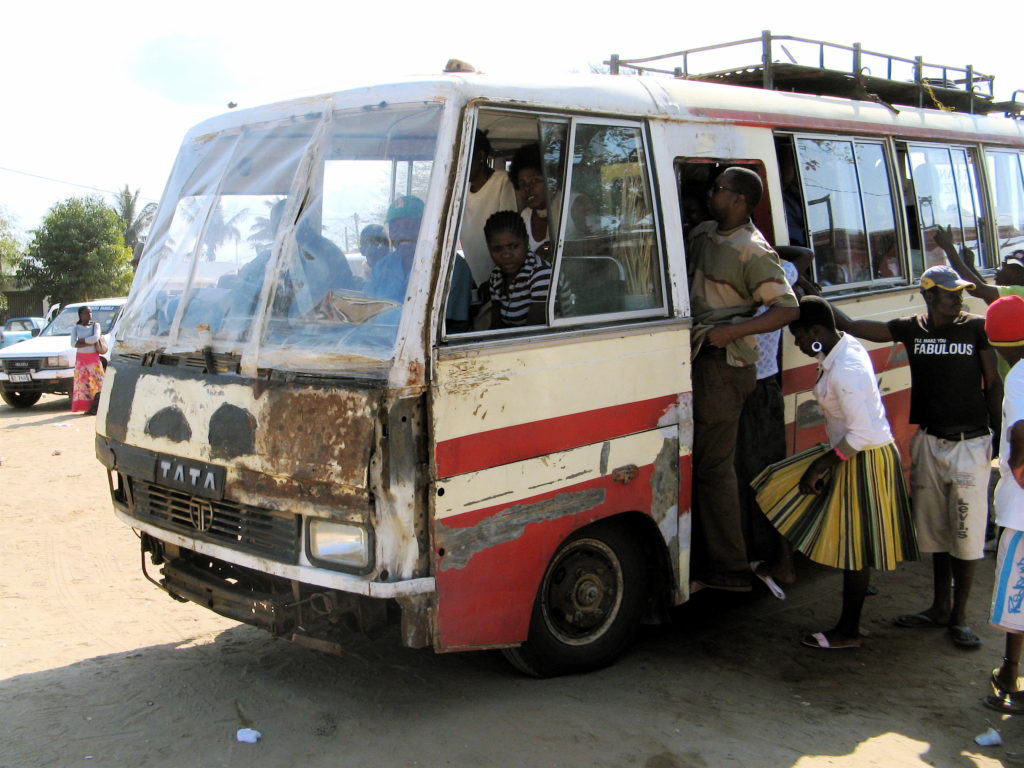How and under what conditions do struggles over energy access in fragile and conflict affected settings empower marginalised groups to hold public authorities to account – both over energy and more broadly?

Energy prices, subsidies, and availability have very often become flashpoints for social mobilisation, protest, and demands for government response across the world. This phenomenon is both historical and highly current, and it occurs in many very different contexts. Very recently we have seen its expression in the gilet jaune movement in France, and in protests in Zimbabwe, among others.
In contexts and settings characterised by fragility, conflict and violence, A4EA research suggests that such protests may take on a particular character, have distinct meanings, and may play a role in shaping wider understandings and expressions of accountability. Each country included in the first phase of A4EA research had experienced recent and large-scale mass contention around energy access, often when price subsidies were withdrawn.
Research into these energy struggles in A4EA’s first phase drew out how these episodes were met simultaneously by policy concessions and violent repression from public authorities, but also had legacies in terms of people’s capacities to occupy public space to voice their demands and in participants’ sense of power with respect to public authorities. Separate A4EA research on the Extractive Industries Transparency Initiative explored the lack of success of more formal, institutional efforts to mobilise people around economic and energy-related issues through information disclosure. Through this workstream, A4EA continues to pioneer the study of how access to energy acts as a conduit for social and political mobilisation in fragile and conflict-affected settings.
Currently there is little academic research into popular struggles around energy access in developing countries. In particular, we lack knowledge about whether and how these struggles and actions contribute to longer-run capacities for citizens to hold states to account. There is also a broad global policy consensus against fossil fuel subsidies on both ecological and economic grounds. However the policy community lacks good evidence on the strong and often successful public backlashes encountered when trying to reform such subsidies. The Demanding Power workstream contributes important new empirical material to address these research and policy knowledge gaps.
The workstream has used a mix of approaches to explore whether and how energy protests lead to empowerment and accountability, including comparative political economy studies on energy issues and protests in each context. This serves to deepen and diversify the body of evidence on the context in which contentions and negotiations over energy occur, how these are framed in popular narratives, and what collective, individual, national and international interests are at play.
